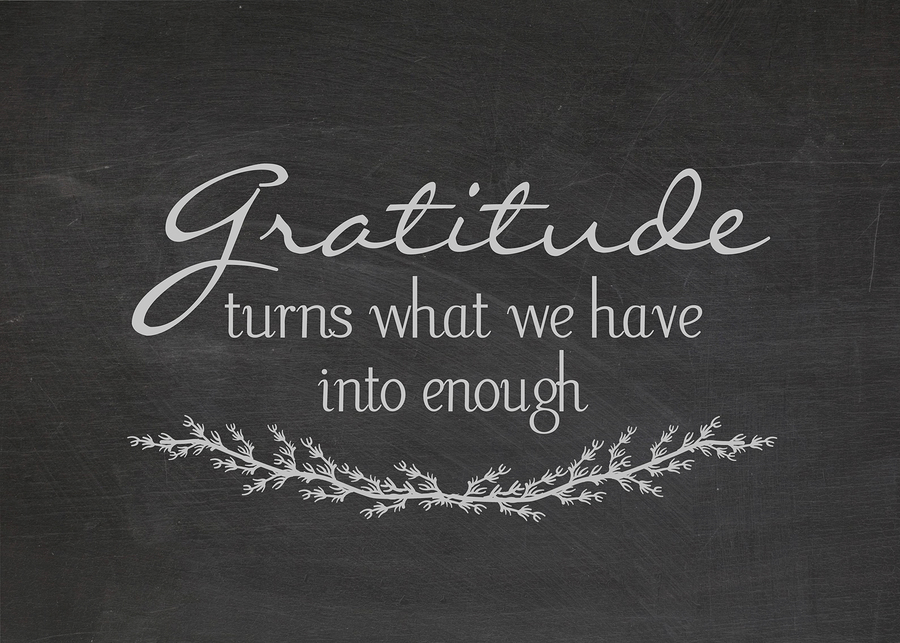|
Often, the least glamorous, most accessible experiences are the most important and life altering. It's easy to be drawn to the exotic when a life change is desired. Vacations are a good example. Many of us need to have the experience of something completely different from our day-to-day lives in order to feel like we've had a genuine vacation. We are drawn to cruises and far away places. We want to be transported to a world as different from the one we left as possible. We want to get away from it all.
On the other hand, we all know that the little things count. Often they count more than anything else. Consistently paying attention to how often we touch, how often we express gratitude, how often we say what's really on our mind and how often we acknowledge the importance of those around us can have an amazingly positive effect on how well a relationship goes. In fact, relationship maintenance probably has more to do with relationship success than does the periodic "special" experience. Wonderful as those experiences can be, they rarely sustain. So, the next time you want to improve the quality of your relationship, resist the temptation to do something "special." Instead, set out on a practice of doing a lot of little things consistently over time. Maintenance behaviors can slowly and reliably pull even the most difficult times into a better place.
0 Comments
One of the most difficult spots in couple therapy occurs when both partners are convinced they know each other. They say things like, "I knew you were going to say that." Or, "I know how you'll respond if I do that." Or, "I know what she thinks about that." This stance poisons efforts to change. It locks the relationship in repeated, unproductive interactions. Conventional wisdom suggests it's important to know your partner. I'm not so sure about that. It seems to me that it's important to try to get to know your partner. It's important to always help your partner get to know you. But, to arrive at "knowing" is to arrive at a dead end. Doing new things in a relationship (a prerequisite to changing anything) doesn't make sense if I "know" how my partner will respond. So, it seems important to actively cultivate a sense of "not knowing" if improving the relationship is a goal. "Not knowing" may bring with it a degree of uncertainty and anxiety. But, it also brings a real opportunity for change. It creates a space within which new things are allowed to emerge. To arrive at knowing is to arrive at a dead end. |
Jake Thiessen, PhDI've been working with couples for a very long time. And, I love it! This blog is my attempt to communicate some of the things I've learned over the past 40 years. Archives
October 2020
Categories |




 RSS Feed
RSS Feed